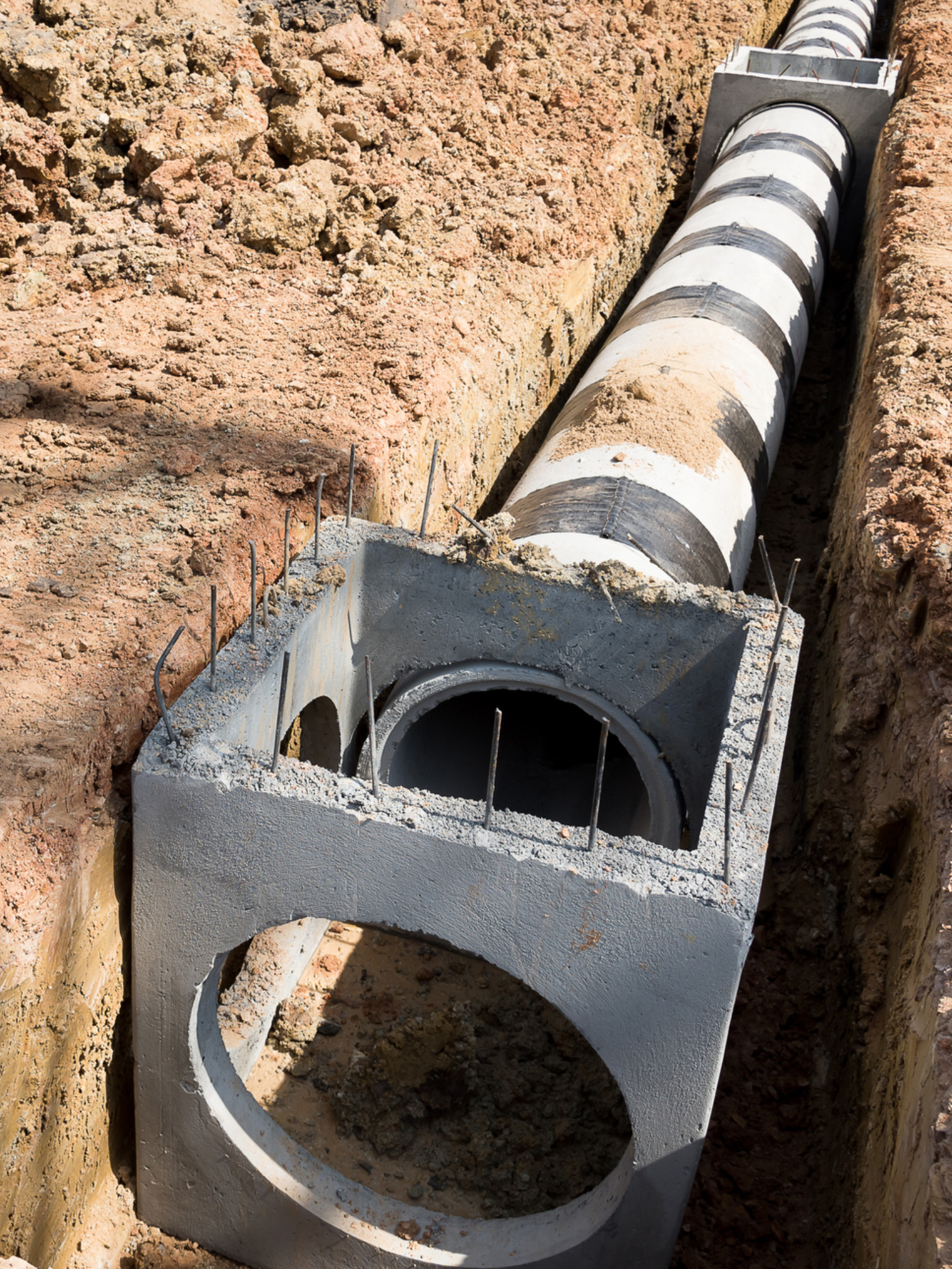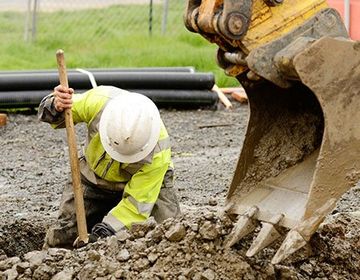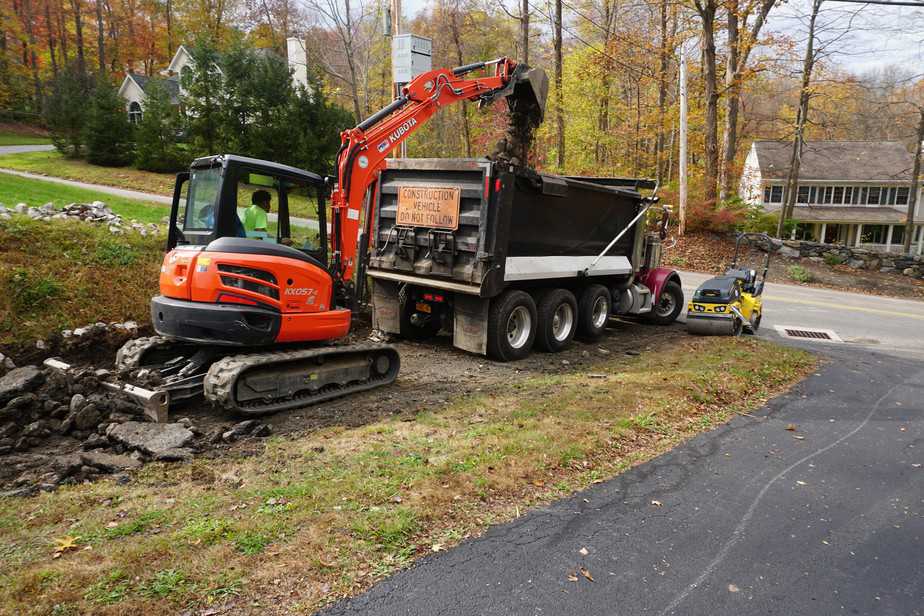Comprehensive Excavation Approaches: Mastering the Principles for Success
The mindful planning, exact implementation, and precise attention to information needed in excavation tasks require a thorough strategy that incorporates different fundamental elements. The real mastery lies not merely in comprehending these principles however in effortlessly incorporating them to navigate the complexities of excavation tasks with skill.
Comprehending Excavation Project Planning

Successful excavation projects are improved the foundation of extensive and precise preparation. The preliminary phase of any excavation project is the planning phase, where crucial choices are made that can considerably influence the end result of the project. During this phase, it is vital to collect all pertinent info about the site, consisting of topographical studies, dirt structure, and any type of prospective hazards that may exist. Recognizing the task extent, budget, and timeline restrictions is essential for developing an extensive excavation strategy that makes sure the job's success.
One key element of excavation job planning is the growth of a thorough timeline that outlines the sequence of due dates, activities, and landmarks. This timeline works as a roadmap for the project team, permitting them to track development and make essential changes to ensure the job remains on timetable. Additionally, a distinct budget plan that represents all expenses, consisting of tools service, labor prices, and products, is essential for preventing expense overruns and hold-ups. By thoroughly taking into consideration all these factors throughout the planning stage, excavation projects can be carried out efficiently and efficiently, resulting in effective outcomes.
Soil Evaluation and Site Assessment
Carrying out detailed soil evaluation and site analysis is a vital action in the prep work stage of any excavation task. Soil evaluation entails establishing the make-up, structure, and properties of the dirt at the excavation site. This information is vital for comprehending the dirt's bearing capability, wetness material, and potential for erosion, which are key consider identifying the excavation methods and devices needed for the job.
Site assessment surpasses soil analysis and includes a more comprehensive assessment of the overall website conditions. This assessment includes recognizing any possible risks, such as below ground energies, ecological concerns, or unpredictable surface, that might influence the excavation procedure. By completely evaluating the site, project supervisors can develop effective excavation strategies that prioritize safety and security, effectiveness, and environmental security.
Utilizing advanced technologies like ground-penetrating radar, dirt tasting, and drone surveys can enhance the accuracy and efficiency of soil analysis and site assessment. Investing time and resources in these preliminary steps can eventually save time and stop pricey hold-ups or complications during the excavation process.
Devices Choice and Utilization
Reliable excavation tasks rely greatly on strategic tools option and application to make certain ideal efficiency and productivity. Selecting the right tools for the task is crucial in optimizing effectiveness and decreasing downtime. Elements such as the sort of dirt, depth of excavation, and job extent play a significant function in figuring out the most ideal equipment for the task handy.

Along with choosing the appropriate tools, appropriate use is key to job success. Operators must be educated to handle the tools safely and successfully - septic ohio. Regular upkeep my link checks and timely repair services aid stop breakdowns and make certain constant efficiency throughout the task
Safety And Security Steps and Regulations Conformity
In the world of excavation projects, prioritizing precaution and conformity with policies is vital to making sure a safe and secure and legally sound functional atmosphere. Precaution include a series of practices, consisting of carrying out extensive site evaluations, executing appropriate signs and obstacles, and providing ample safety and security training for all employees involved in the excavation process. Adherence to policies, such as OSHA demands in the like this USA, guarantees that the excavation project satisfies the required standards to safeguard employees, spectators, and the surrounding atmosphere.

Surveillance Progress and Adjusting Strategies
How can forecast managers successfully track the improvement of excavation jobs and adapt their strategies accordingly to maximize results? Tracking development is vital for making certain that excavation jobs remain on track and fulfill target dates. Task managers can utilize different tools and methods to track progress, such as daily report card, regular site examinations, and progressed monitoring innovations like drones and GPS tracking systems. By continually keeping track of the task's advancement, managers can identify any type of prospective hold-ups or problems beforehand and take positive actions to resolve them.

Final Thought
To conclude, understanding the principles of detailed excavation approaches is essential for the success of any project. By recognizing task planning, evaluating soil and website problems, picking ideal equipment, abiding by safety and security regulations, and checking progression, task supervisors can ensure a smooth and effective excavation procedure. Carrying out these approaches will certainly lead to effective end results and minimize prospective risks or problems throughout the excavation job.
The first phase of any excavation job is the preparation stage, where crucial decisions are made that can dramatically impact the outcome of the project. Comprehending the task extent, timeline, and budget plan restraints is crucial for developing a thorough excavation plan that ensures the project's success.
Just how can forecast supervisors efficiently track the innovation of excavation tasks and adjust their strategies accordingly to enhance results? By carefully checking progress and being eager to adjust techniques, job supervisors you could check here can improve the general success of excavation projects.
By comprehending project preparation, assessing soil and site conditions, picking ideal devices, complying with safety and security laws, and keeping track of progress, job managers can guarantee a effective and smooth excavation process.